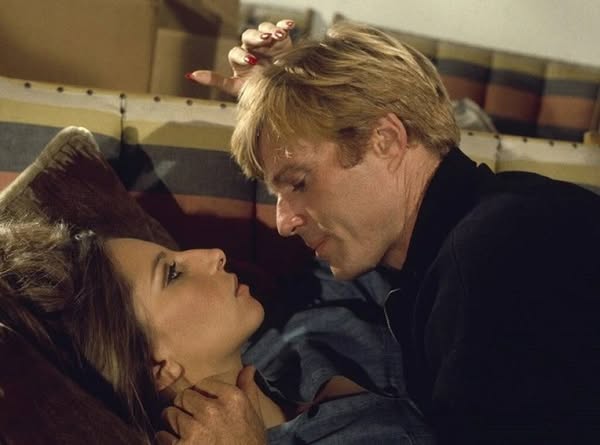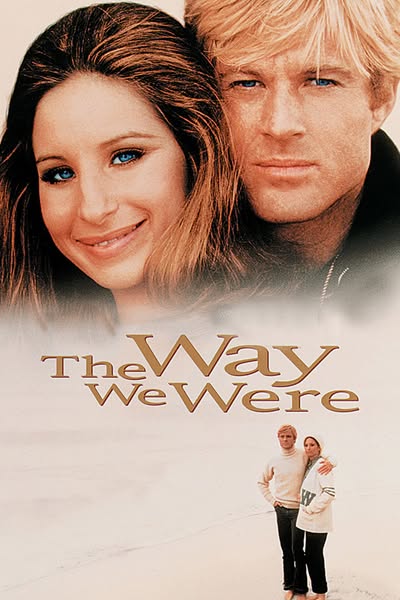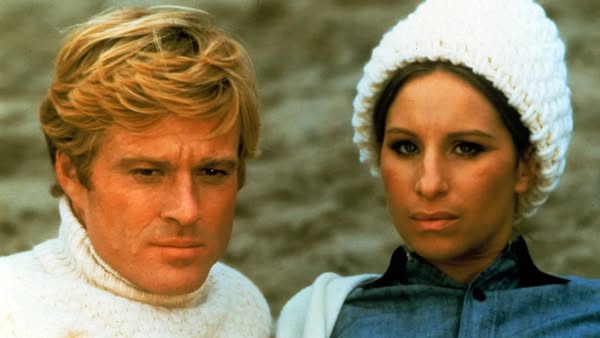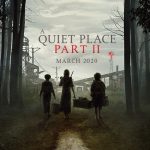The Way We Were (1973)

The Way We Were is a poignant romantic drama that explores the complexities of love and the passage of time, released in 1973. Directed by Sydney Pollack, the film features powerful performances by Barbra Streisand and Robert Redford, whose chemistry drives the emotional depth of the story.
Set against the backdrop of the turbulent 1930s and 1940s, the narrative follows the passionate but tumultuous relationship between Katie Morosky (Streisand), a politically active Jewish girl, and Hubbell Gardiner (Redford), a charming and carefree young man from a privileged background. Their differing worldviews and aspirations create both attraction and conflict, as Katie’s fervent idealism clashes with Hubbell’s more laid-back approach to life.

The film beautifully captures the evolution of their relationship, showcasing moments of joy and heartbreak. As they navigate the challenges posed by their differing ideologies—particularly in a time of political unrest—viewers witness the impact of personal choices on their lives and the lives of those around them. The screenplay deftly weaves together themes of love, sacrifice, and the struggle for identity, making it a rich and compelling narrative.

Streisand delivers a memorable performance, bringing intensity and vulnerability to her role. Her portrayal of Katie as a passionate advocate for social change resonates deeply, while Redford’s Hubbell embodies charm and complexity. Their interactions are filled with both tenderness and tension, making their love story feel genuine and relatable.
The cinematography captures the essence of the era, with sweeping shots of the American landscape and intimate moments that highlight the characters’ emotional journeys. The film’s score, including the iconic title song, further enhances the emotional weight of the narrative, leaving a lasting impression on audiences.

The Way We Were ultimately serves as a reflection on the nature of love and the inevitability of change. It invites viewers to contemplate how relationships are shaped by time, circumstance, and personal growth. The film’s exploration of idealism versus realism resonates with anyone who has experienced the complexities of love and the bittersweet nature of memories.
In conclusion, The Way We Were remains a classic, celebrated for its heartfelt performances, evocative storytelling, and its ability to capture the intricacies of love and loss. It is a timeless tale that continues to resonate with audiences, reminding us of the enduring power of memories and the impact of love on our lives.











